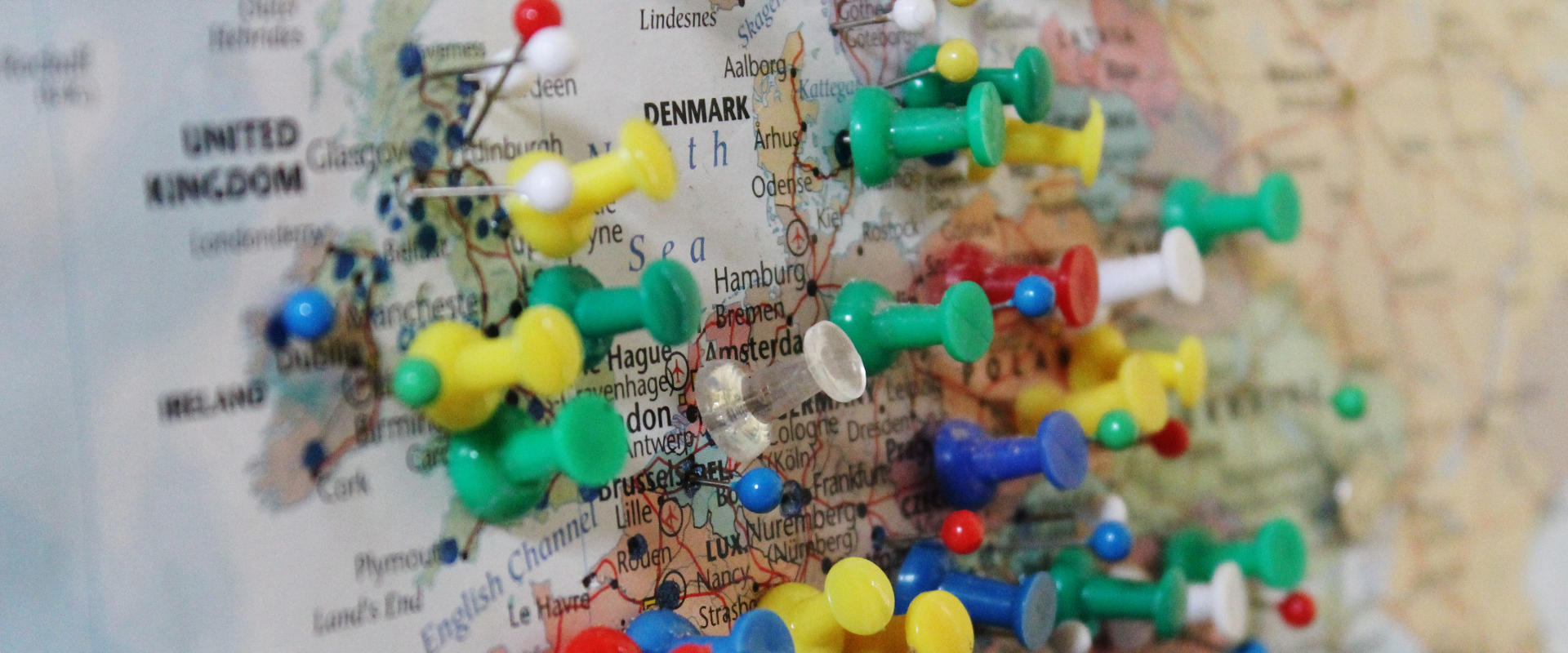Study at KU Leuven
Leuven, Belgium

Europe by Charles Clegg, CC BY-SA 2.0, modified
| Programme details | |
|---|---|
| Degree: | Master of Science (MSc) |
| Discipline: |
Politics & Political Science
|
| Duration: | 1 year |
| ECTS points: | 60 |
| Study modes: | full-time |
| Delivery modes: | on-campus |